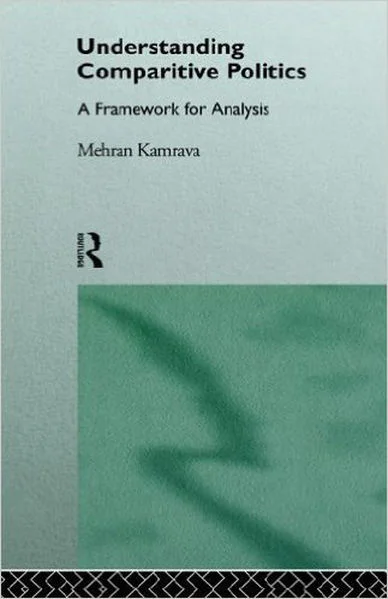Over time, The field of comparative politics has undergone “wide oscillations in search of an adequate paradigm” (Kamrava, 2008). The initial focus on the State as the major actor -and of comparative politics as a descriptive science of its institutions and organization- led to an approach emphasizing the role of society. Early revolutions across Europe favored a conception of political outputs from societal inputs. Among recent scholar literature the importance of state regained a central role. Kamrava argues that these cycle brought important insights for further political analysis.

